To read this issue in your browser, click on the headline above.
Eric Zorn is a former opinion columnist for the Chicago Tribune. Find a longer bio and contact information here. This issue exceeds in size the maximum length for a standard email. To read the entire issue in your browser, click on the headline link above. Become a paid subscriber to receive each Picayune Plus in your email inbox each Tuesday and join our civil and productive commenting community.
You can watch this forum late this afternoon here. Since crime is said to be the No. 1 issue in the April 4 mayoral runoff, this clash between Paul Vallas and Brandon Johnson ought to prove particularly informative.
‘Human composting’ bill advances in Springfield.
Every so often here I promote the idea of allowing people to dispose of their remains after death using what’s euphemistically called Natural Organic Reduction but is colloquially referred to as human composting.
From my item on this topic in January, 2022:
The process is based on a method already used for disposing of livestock in which the body is placed in a reusable container along with wood chips, alfalfa, straw wildflowers, leaves or other organic materials that accelerate decomposition as the container rocks or rotates. Heating the container to 131 degrees kills off any dangerous pathogens.
In roughly a month, everything has turned into about two wheelbarrows worth of odorless, nutrient-rich soil that biologists say is “unrecognizable visually, chemically or microbiologically as human remains” and suitable for use in a garden or elsewhere on private property.
Capitol News Illinois reports that Chicago Democratic state Rep. Kelly Cassidy’s bill to permit this process “passed in the House Energy and Environment Committee on (March 7) on a 16-10 vote. It now goes to the House for consideration.”
Who opposes allowing people to do this, as they can in several other states?
Notable among the bill’s opponents is the Catholic Church. Daniel Welter, the recently retired chancellor of the Archdiocese of Chicago, spoke to lawmakers at the request of the Catholic Conference of Illinois on (March 7).
“Turning the mortal remains of a human person into compost for the purpose of fertilization, as one would with vegetable trimmings or eggshells, degrades the human person and dishonors the life that was lived by that person,” he said during the committee hearing.
Welter added that he and the church “oppose any tendency to minimize the dignity of a human being, even after death.”
Representatives of the death care industry also oppose legalizing this process. LeNette Van Haverbeke, a representative of Illinois Cemetery and Funeral Home Association, told lawmakers that many in the field “oppose human composting as lacking the traditional dignity afforded to the dead.”
It is certainly a matter of opinion if returning unto the earth that nourished and sustained us in life is undignified, and I would never want to compel anyone to have to avail themselves of such a way of spending eternity if they find being pumped full of formaldehyde and left to rot in a box or being incinerated in a crematorium to be more dignified. Fine.
But how dare these prissy busybodies impose their beliefs on others when it comes to such a personal act? How dare they deny anyone the freedom to do this based on their narrow concept of human dignity?
Author/mortician Caitlin Doughty penned a lengthy guest essay in the New York Times last December under the headline, “If You Want to Give Something Back to Nature, Give Your Body.” She made the compelling case for permitting this form of handling human remains.
Notes and comments from readers —lightly edited —- along with my responses
Cinda P. — I am very pro choice and support individual people boycotting Walgreens. But I am very disturbed by California Gov. Gavin Newsom’s recent decision to cancel a contract with Walgreens based on the company’s decision on when and how to sell abortion medication. How is that sort of autocratic decision any different than Florida Gov. Ron DeSantis punishing Disney for speaking out against his state’s called “Don’t Say Gay” bill because Disney wanted to support their current employees and attract new ones?
In principle, I agree. When political leaders make significant moves unilaterally, the urgency should be high. And whenever and as quickly aspossible, legislatures should exercise oversight. .
Chuck W. — Walgreens had a reasonable fear of legal liability, including loss of license and monetary penalties, in every state where they will no longer sell abortion pills. It is my understanding that they are just trying to stay out of legal trouble and have no other reason for refusing to sell the abortion medication.. Based on that understanding, I think you are being unduly harsh toward the company. They are a victim, not a cause, of the problems created by the U.S. Supreme Court’s Dobbs decision overturning Roe v. Wade, and I don’t think it is fair to expect them to bear the expense and business risk of litigating the issues created by state government officials.
The argument is that Walgreens folded too easily to conservative saber rattling in states where abortion remains legal. I thought it was fair to express concern about this kind of invertebrate corporate behavior but also to withhold final judgment until we hear how the other pharmacy chains handle the situation.
John F. — I am not wild about Paul Vallas, but so far he is the better choice for mayor. Brandon Johnson wants to tax everything that moves and has expressed interest in defunding the police. We have the ability to fully fund the police and invest in people too. \
Johnson’s proposed head tax on employers is a non starter and a job killer. Also, I have serious reservations about having Johnson’s current employer, the Chicago Teachers Union, run city government. We need a mayor who is ready to govern on day one and won’t need on the job training. Vallas is not perfect, but he is the better choice.
Johnson has distanced himself from “defund the police” as a slogan, but your concern is a common one and I hope he clarifies his position better at tonight’s debate. The city does have limited resources and don’t believe any candidate who tells you we can fully fund programs without new sources of revenue, sources that are likely to have some unintended negative consequences
Marc. M. — You wrote that you are sick of having to support Fox News indirectly when you subscribe to Dish Network and you expressed a desire for “red” and “blue” bundles of cable/satellite channels. But that would increase the echo chamber aspect of media consumption and reduce the ability of interested viewers to sample or routinely consume alternative media.
That’s probably true, but I’m a believer in choice and I truly think Fox has gone over the edge. I wish there were more outlets committed to actual balance and diversity and debate, but viewers seem generally more interested in being comforted than challenged.
Michael G. — You approvingly quoted syndicated columnist Scott Reeder writing:
"Racism is discrimination on steroids, powered by privileges given to those in the culturally dominant race. In the United States, it’s a bias with a pickax. It’s a prejudice with the weight of 400 years of slavery, Jim Crow laws and history behind it. That’s a distinction that has sometimes been hard for white people, myself included, to discern."
This is poppycock. A system in which there is a "culturally dominant race" is, by definition "racist." In addition, if you are on the receiving end of "bias with a pickax" you probably think that the color of your skin is somehow involved.
I disagree. Cultural dominance does not have to oppressive, discriminatory or cruel. And I think it’s important to preserve the distinction between racism and other, less toxic forms of prejudice, bigotry and so on. The accusation of racism needs to be leveled carefully and appropriately, not just thrown at someone whose beliefs on matters related to race with whom you happen to disagree.
Jake H. — Re Vallas's maladroit remarks, I agree that they come across as crude and require clarification. Here is what I think he meant and should have said:
»»Yes, absolutely, we must offer kids a full and fair picture of American history and world history, warts and all, nuance and all. That's actually what we've been doing for some time now. I thoroughly reject any sanitized propaganda that might be being taught.
I 100% endorse teaching empathy as an important social studies objective and teaching students that the ugly legacy of white supremacy is rooted in unfair assumptions made about individuals based on their racial identities.
I have deep concerns about our emerging preoccupation with privilege and identity that pits students of different groups against each other. That emphasis portrays racial oppression not as a problem to be addressed and mitigated -- by exposing and challenging "unfair assumptions" -- but as a perennial and adversarial feature of human relations. I worry about schools presenting a warped and inaccurate view of history including “antiracist" instruction for both teachers and students that rejects the possibility of progress, that reinforces racial stereotypes (by suggesting that traditional measures of academic merit are incidents of "whiteness"), that grounds the concept of racism not in unfair treatment based on stereotypes but rather in any disparate result, and that tends to support a radical social agenda far more congenial to the pieties of white, well-off progressives than to anyone else.
Students should be taught, as the successful KIPP charter network used to say, to "work hard and be nice." I recently heard the inspirational Michelle Obama on a podcast. Her advice to her daughters expressing anxiety about school work? "Do your homework on time. You know, you have to work your way through that." I can't help but think we're running away from such commonsense advice to the detriment of our students who struggle, who are not "privileged," and who need to hear a message of hope and be given the tools to realize that hope.
Instead, we get KIPP officially retiring its previously uncontroversial slogan on the ground that "[w]orking hard and being nice is not going to dismantle systemic racism." This is the wrong path. It's time for a U-turn.»»
Vallas may well have meant that, but he speaks bluntly off the cuff at times and has to do a lot of clean up. Have you applied to his campaign to be a speechwriter?
Tom K. — Regarding your item on Neil Steinberg’s claim that the Sun-Times is now Chicago’s preeminent daily newspaper: I'm a Sun-Times devotee. But I find that when local news comes up in conversation, the Tribune is the standard reference for people. If the papers were facial tissues, the Trib is Kleenex, and Sun-Times is Puffs.
The Picayune Sentinel reader poll results seem to differ.
But I’m glad to see a majority recognizing that both papers have their strengths.
Rick L. — Back in Tiger Woods’ heyday, it was common to hear about people choosing to take Tiger vs. the rest of the entire field in golf tourney wagering. I feel like that’s pretty much where we are right now with “Uncle Duke” in your visual Tweet of the Week competition. Damn, he’s good!
He is indeed well represented in the weekly visual tweets poll and in the roster of winners, as you will see below.
The NCAA Men’s Academic Bracket, 2023 Edition
Inside Higher Ed once again presents its own bracket breakdown of the NCAA men’s basketball tournament:
Unlike traditional NCAA brackets, ours determines the winners of each game by comparing the academic performance of teams, as measured by the NCAA’s own imperfect metrics for judging academic success.
We first match the teams based on the academic progress rate, the NCAA’s multiyear measure of a team’s academic performance. … When two teams matched up for a game in the bracket tie going head to head on the APR, we turn to the NCAA’s graduation success rate for 2021–22, which measures the proportion of athletes who graduated within six years of entering the institution.
Northwestern falls in the final to Furman, but guess which school doesn’t make it out of the first round? Princeton.
Tweet madness, visual division
I often run across tweets that rely on visual humor and so can’t be included in the Tweet of the Week contest (the template I use for that poll does not allow me to include images). Over the next few weeks I’m going to pit weekly winners from the past year against each other in a set of “brackets.” The winner of each round will advance:
ROUND ONE
ROUND TWO
ROUND THREE
ROUND FOUR
ROUND FIVE
Vote for your favorites and follow Tweet Madness, written division, in Thursday Picayune Sentinel
There’s still time to vote in the conventional Tweet of the Week poll!
Thank you for supporting the Picayune Sentinel. To help this publication grow, please consider spreading the word to friends, family, associates, neighbors and agreeable strangers.
.





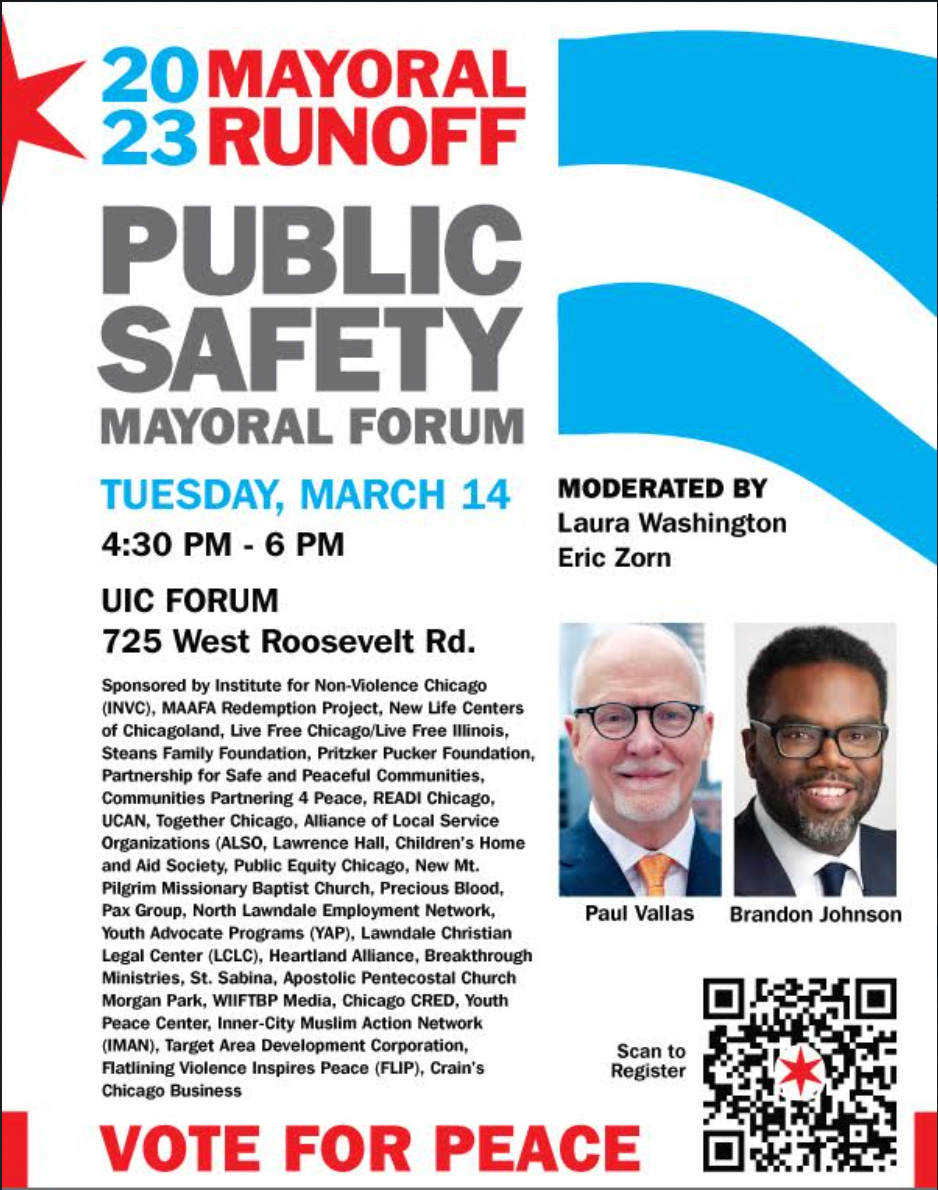



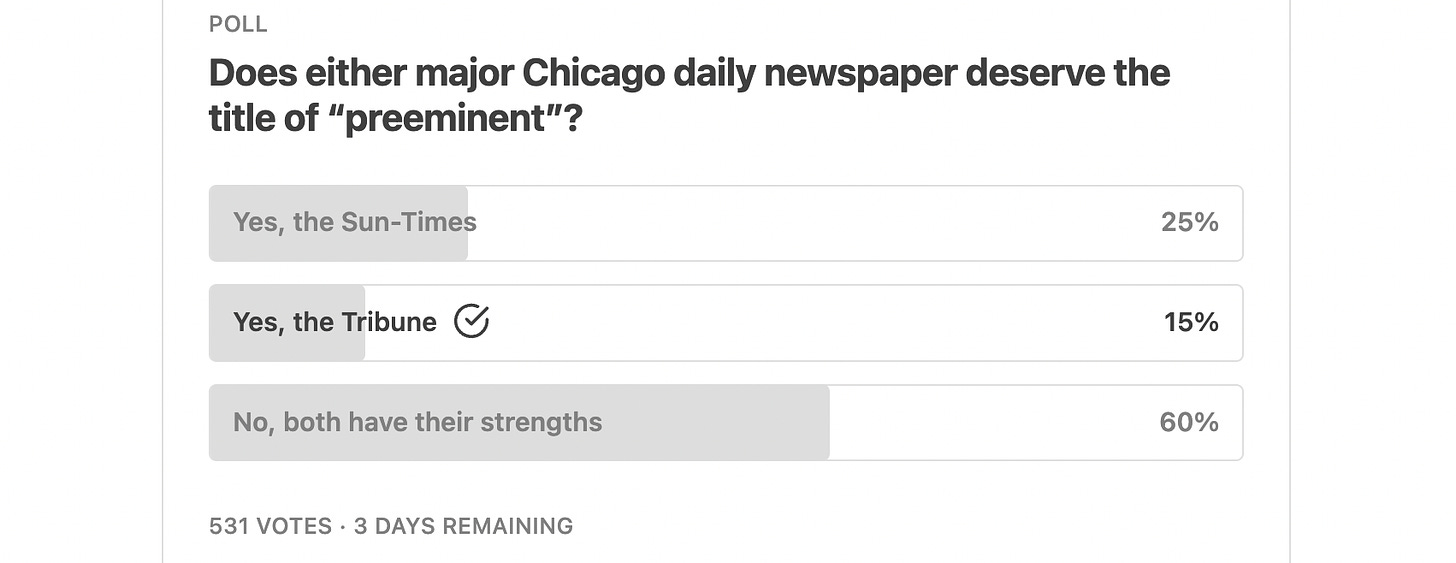


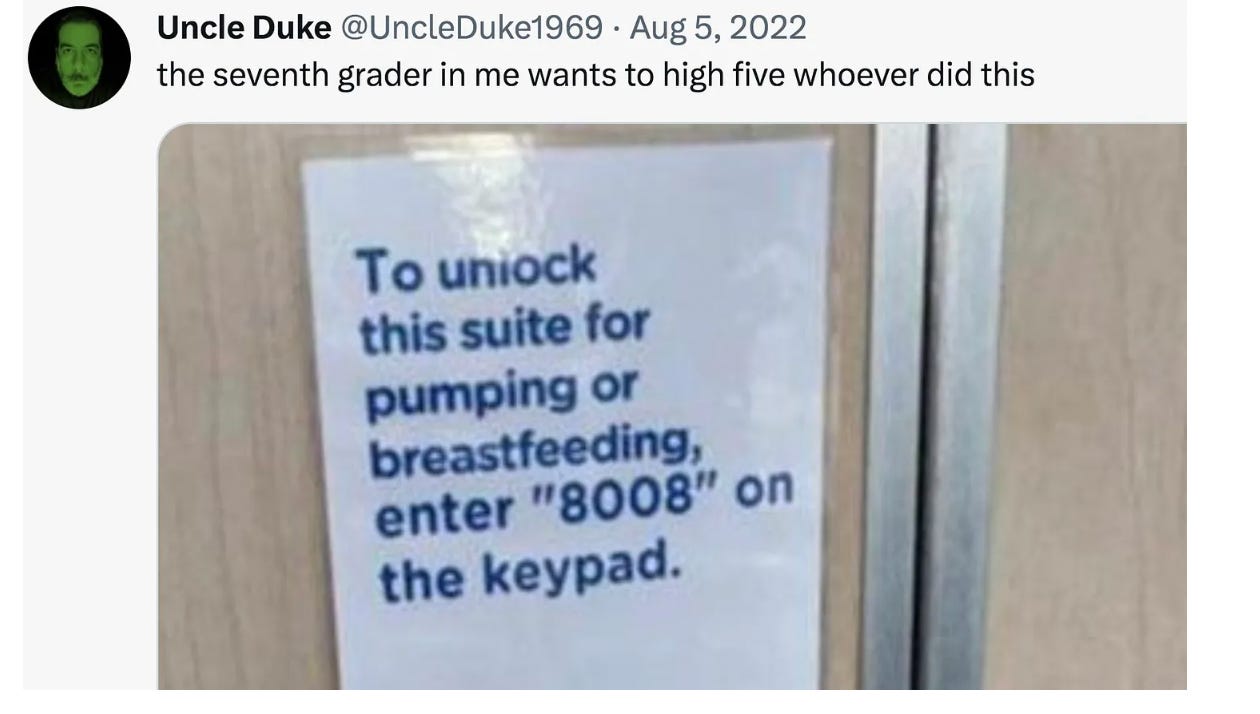
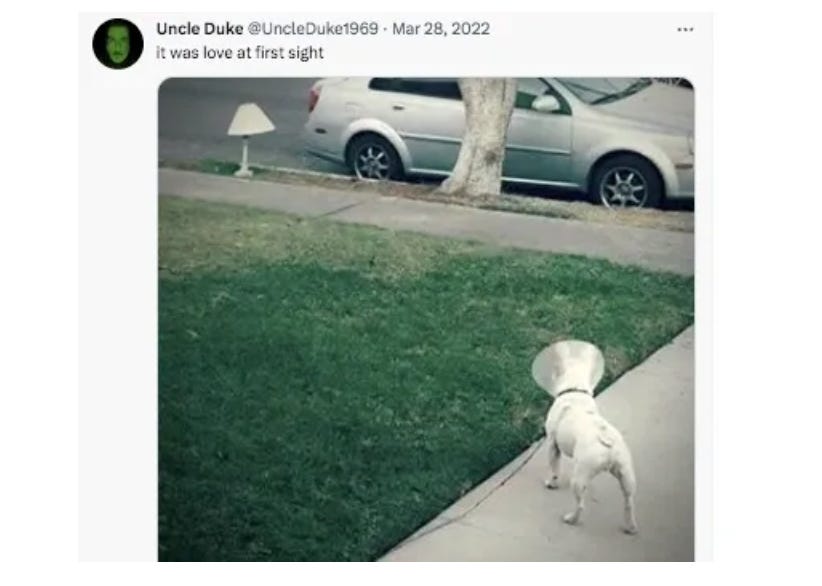




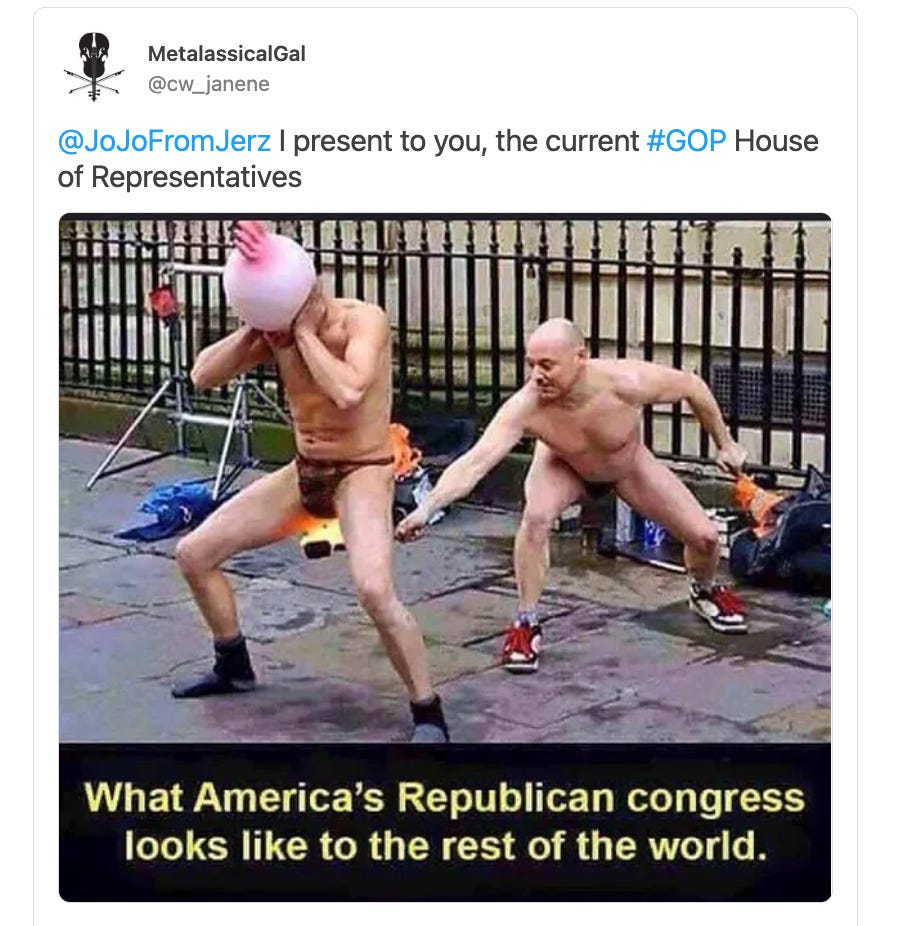

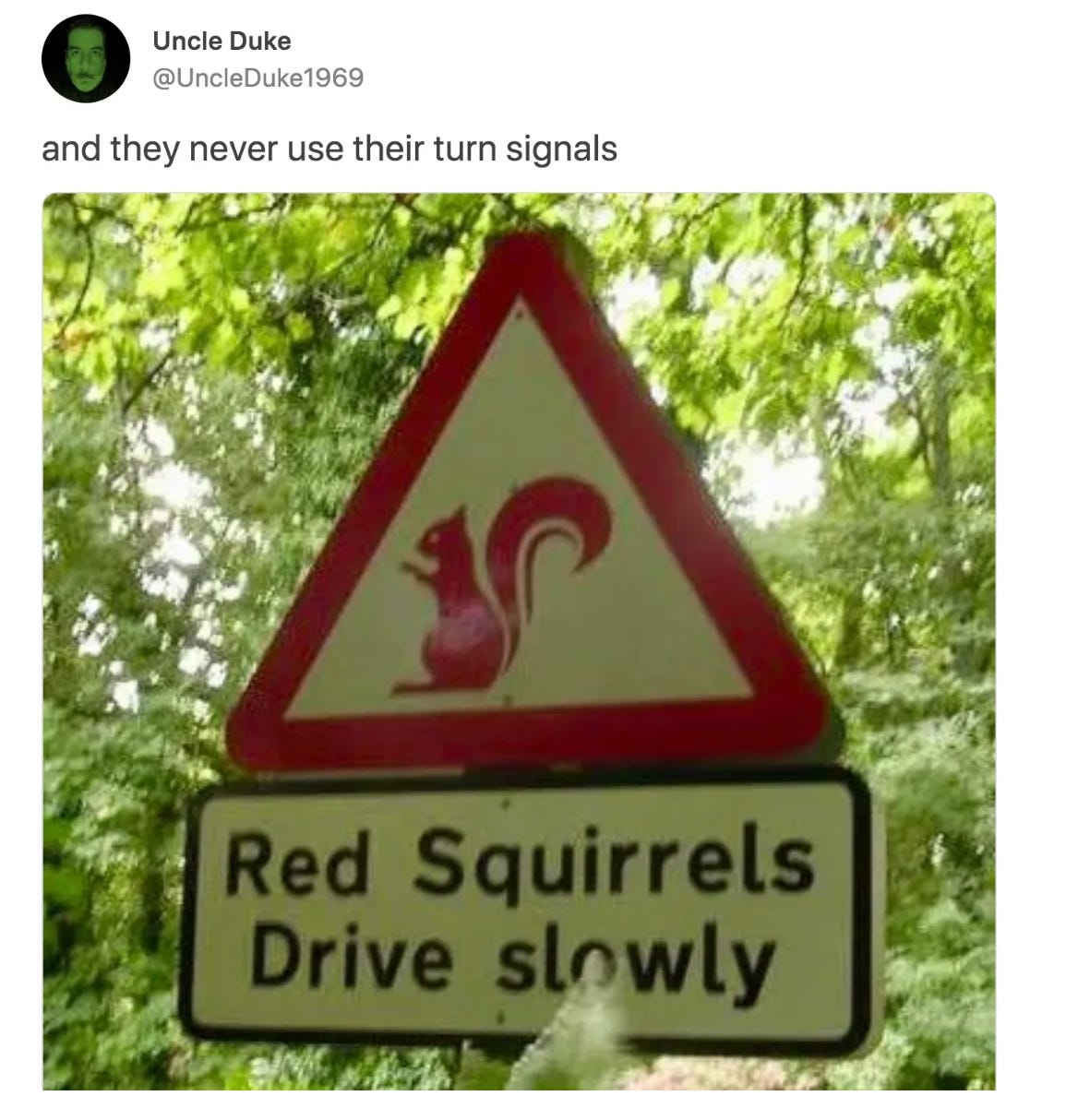

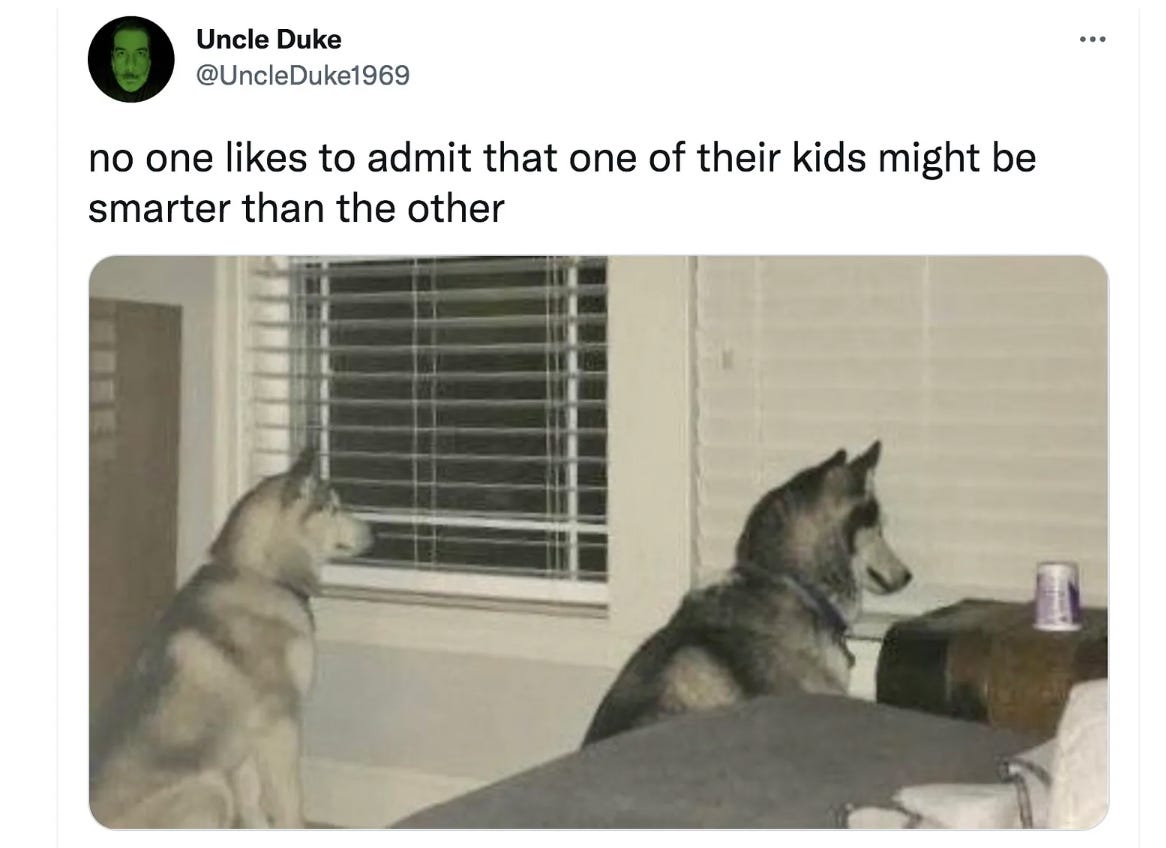



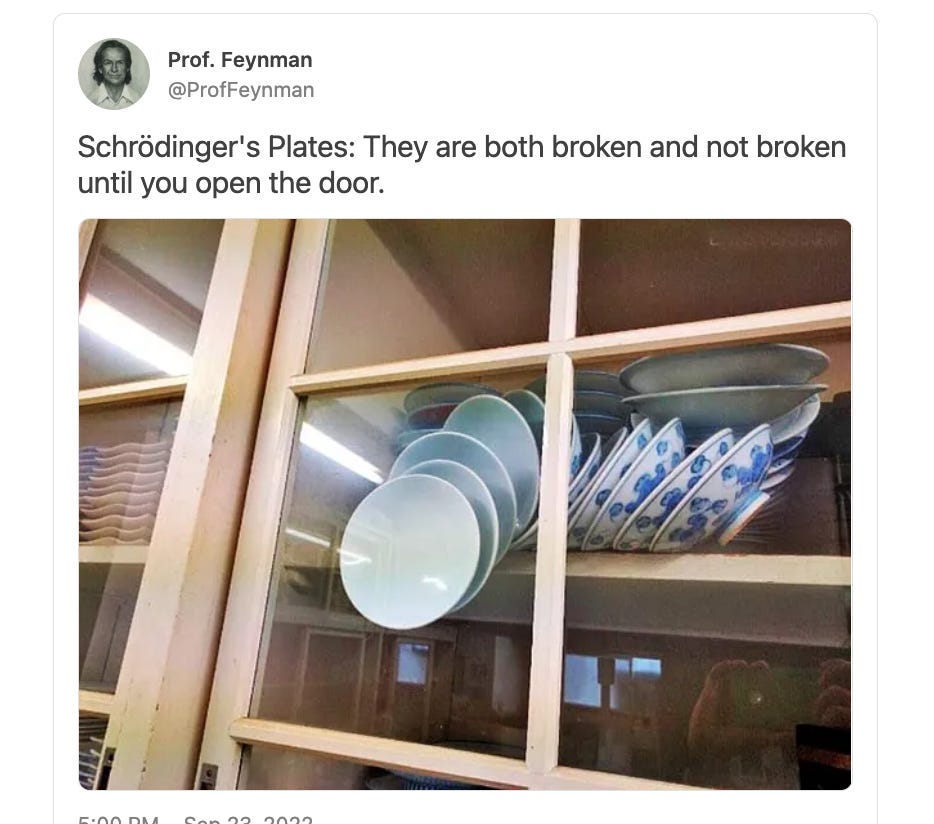






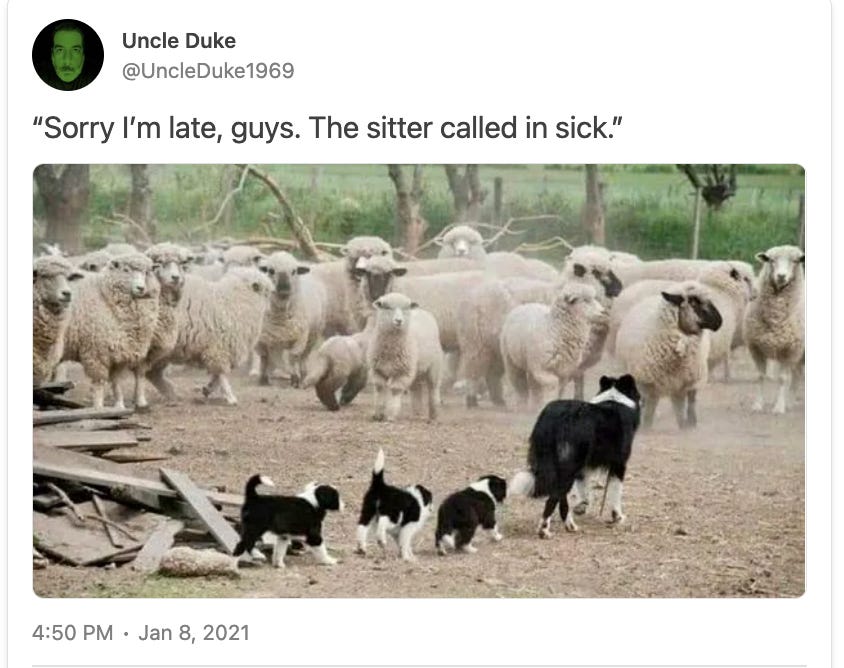




Thank you for keeping this topic on our radar. When you first wrote of this bill, I contacted our state representative to vote yes on moving it forward and urged everyone in my family to do the same. I'm at the stage in my life where part of my estate planning included calculating the cost of shipping my body to a compost-friendly state. Would love to continue my biological journey where I was born and raised. Your "how dare they" reference to the entities that oppose the bill purely for greed is right on. Both traditional funeral providers and the catholic church have historically grown rich and comfortable fleecing the gullible for useless "services."
I’m a somewhat practicing Catholic, and it’s not always easy. Regarding the Church’s position on human composting, my first thought (and I am far from being a biblical scholar) was the quote from Genesis, “Remember thou art dust, and to dust thou shall return.”